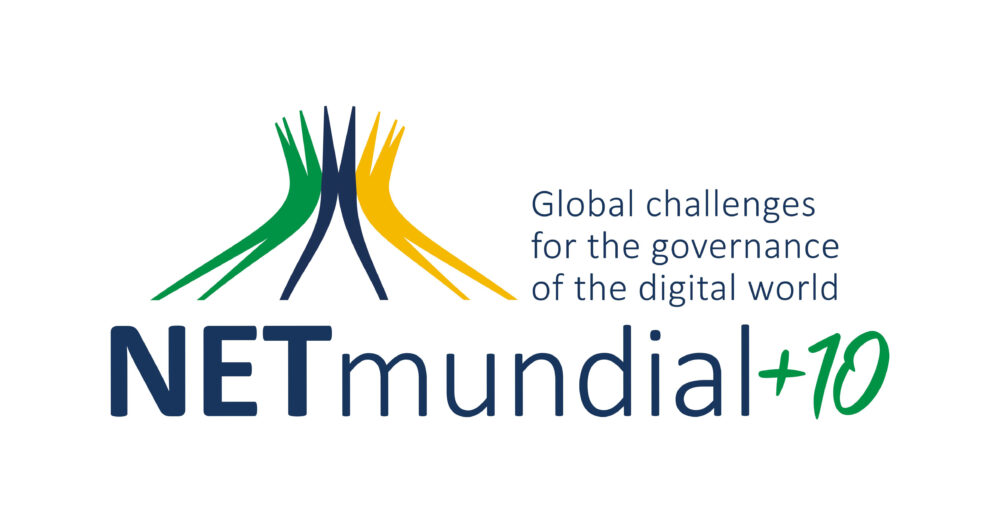
Reflecting on a Decade of Internet Governance
By Tara Tarakiyee
STF technologist Tara Tarakiyee went to the NETmundial+10 global meeting in São Paulo, Brazil and shares insights on a decade of internet governance and the future of governing digital infrastructure in the public interest.
The 2014 Netmundial meeting was a formative event, both for me as a young technologist, and for how we talk about the governance of our digital spaces, as well as who gets to talk about it. It managed to bring together an impressive amount of people from all around the world. They came from a variety of stakeholders such as government, civil society, the technical community, academia as well as the private sector, and many more contributed online.
2014 Netmundial also happened at an important time. It was shortly after the Snowden revelations. The IANA transition had just been announced. It was also close to the ten-year anniversary of the World Summit on the Information Society and the Tunis commitment, which established the IGF and set the basis for ICANN’s future role.
It was high time to reaffirm the need for transparent, open and accountable governance processes. To see so many people come together and collectively draft a statement that affirms those important values, under global South leadership, was incredibly inspiring for me, and informed my work at the time. A decade later, we’ve seen movement on some of the issues that were around back then, but many of them still exist. Emerging technologies also pose new challenges. Which is why I think it was important for Netmundial+10 to happen, and for the various stakeholders to come together again and reaffirm their commitment to an open and equitable internet.
The Netmundial+10 statement is long and nuanced, but still reaffirms some essential principles, such as a commitment to multistakeholder governance and inclusive and equitable participation. It also acknowledges the complexities of internet governance, promoting better coordination between existing processes, and affirming the IGF’s central role in coordination and information sharing to avoid fragmented efforts. It also acknowledges the need to include all voices, particularly to address the challenges posed by new technologies such as machine learning.
Finally, to ensure that these statements are not just words, the statement introduces the São Paulo Multistakeholder Guidelines, which aim to provide concrete guidance for multi-stakeholder participation. These guidelines provide a framework for building trust, ensuring meaningful participation, and addressing power imbalances among stakeholders. They also highlight the need for agility and adaptability in governance processes to respond to evolving digital challenges.
In the future, I hope to see increased recognition of the role of maintainers of critical digital infrastructure. Much of the infrastructure that our digital world depends on relies upon them, and they are not always compensated for their work. It's crucial that we make visible their work in keeping our digital ecosystem stable and ensure they have adequate support structures. It’s also important to ensure that this critical digital infrastructure is available globally, and that people everywhere who want to contribute to its maintenance have a chance to.
Introducing Quad9's PEHR Advisory Council
On April 28, 2024, Quad9 — a free, open, and secure DNS resolver — announced that it is forming a Privacy, Equity, and Human Rights (PEHR) advisory council. Using a DNS resolver is very often the first step when a device wants to connect to another over the internet, and for millions of privacy- and security-aware users, their DNS resolver of choice is Quad9.
There are very few examples of internet infrastructure at this scale run with the public interest in mind. Since Quad9 has resolvers all around the world and processes millions of DNS requests a day, it is frequently faced with situations where they have to make decisions that may have an impact on their users or other people’s rights. That’s why Quad9 is such a fitting place to have a Human Rights, Privacy, and Equity council that can help its leadership team make better decisions grounded in a range of expertises. I look forward to helping Quad9 with its mission, and hopefully we can set an example for good governance of critical internet infrastructure.
The NETmundial+10 global meeting in São Paulo is an important reaffirmation of the commitment to open and accountable internet governance processes. I’m still very excited to see that those core commitments are still alive and look forward to seeing them reflected in the real world as well as adapted to the new challenges and opportunities presented by emerging technologies. Between that and participating in the Quad9 PEHR council, it's an exciting time to be part of this work, and I am cautiously hopeful about what the future holds for the governance of our digital spaces.


